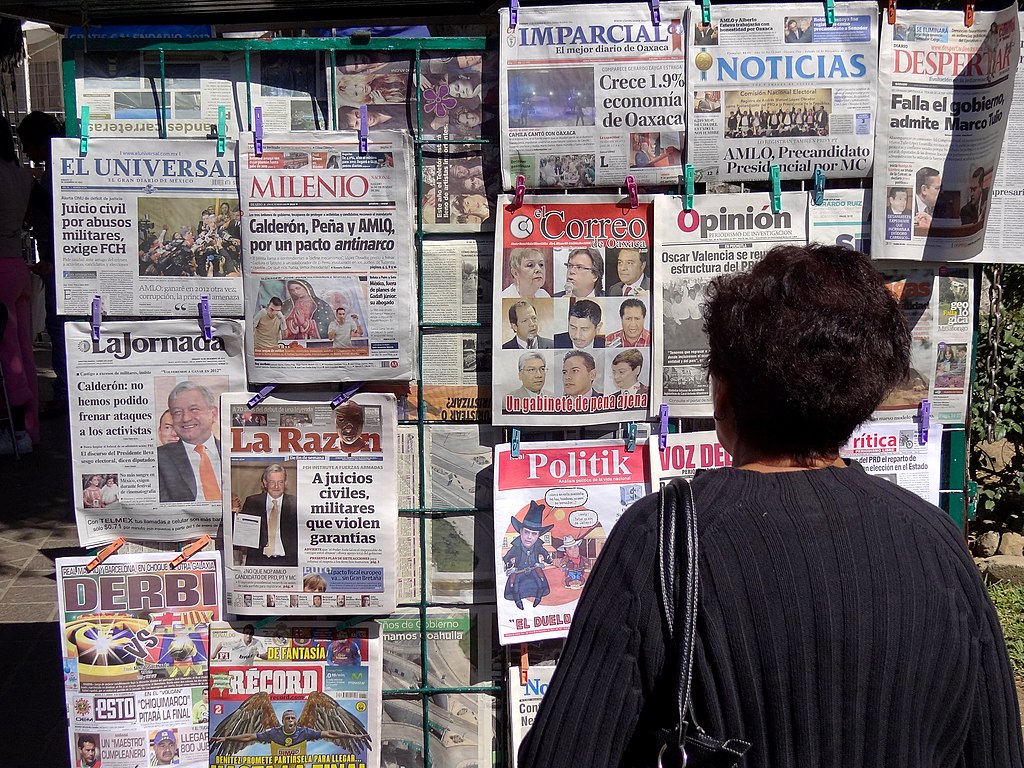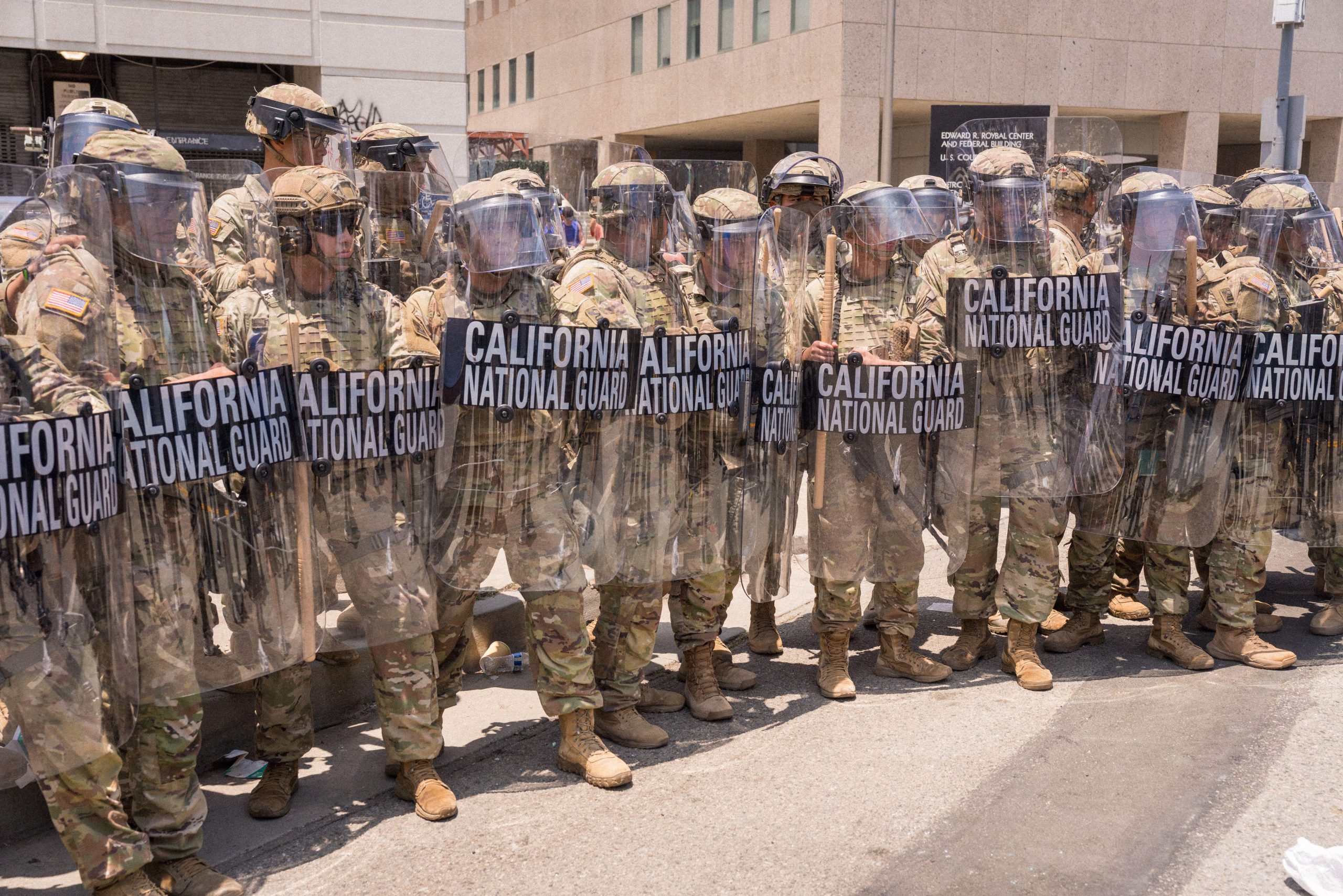Mexico is torn between two opposing forces. On one side are the balaclava-clad sicarios and cartels of popular culture. On the other, a government that is becoming ever more obsessed with the appearance of power and glory. The army has been deployed to the streets across the country. President Andrés Manuel López Obrador talks frequently about subverting the constitution to allow his re-election.
For journalists, the imperative to report the truth has never been stronger. There are too many stories to tell – the realities of crime – the institutional corruption that has mired Mexico for some many years – the inefficiency of the flagship ‘Fourth Transformation’ that the current government has staked its reputation on.
Those involved in these stories, however, do not want them to be told. 2022 was one of the deadliest years on record for journalists in Mexico, with 12 murders, and was the most violent with 696 attacks recorded, according to a new report from Article 19. The overwhelming majority of these attacks will go unsolved. Many will never even be investigated.
Forty-two percent of the documented attacks are committed by state actors, the report says.
Nowhere are the problems facing journalists more apparent than in Ecatepec – a sprawling shanty town of squat, concrete dwellings, precariously perched on the mountainsides that surround the capital. Here, the contempt for the press is laid bare. Local journalists are targeted. Foreign journalists are threatened. Here, organised crime and governance go hand in hand.
Cody Copeland, a US journalist working in Mexico, attended a rally in the district, when he discovered that officials from the ruling Morena party in attendance were wearing medallions of Santa Muerte – the patron saint of cartels. The mayor himself was not a career politician, but, according to the newspaper Reforma, a former leader of a band of pirate taxis. Many fear criminal activities are now being carried out in an official capacity.
When questioned about why Ecatepec had seen no running water in five months, Copeland was violently removed from the press conference. Later, he said, a woman from the Morena party attempted to lure him away with promises of an exclusive interview – but residents intervened, suspecting he was likely to be attacked, and drove him away to safety, back in the city.
Copeland believes it is likely that his equipment would have been destroyed if he had been detained.
The greatest dangers are faced by those covering local affairs – where they are likely to be people known in their community. Reporters here are often targeted, and many are unable to leave their homes in fear of reprisals.
Carlos Flores is a local reporter, who lives in Ecatepec. Despite the fact reporting here has always been hard, he feels that under Morena things have only got worse.
“The current government we have is even harder than the previous ones. They are very tight-lipped. With previous governments, you still had some freedom [to report], but with the current one, I feel there are no guarantees for journalism – not in Ecatepec or anywhere else in the republic,” Flores said.
Flores has been attacked three times in recent years – twice, he said, by government forces.
When Flores is at the scene of a crime, police will often tell families not to speak to journalists – obscuring the extent to which the government has failed to handle crime in the area. If he persists, Flores explains, he is likely to be removed by police, and have his equipment destroyed.
President Obrador has frequently dismissed the idea of links between criminal gangs and government, as well as denying claims that large parts of Mexico being controlled by cartels and rubbishing reports that his government spies on activists, journalists and opponents. But the evidence suggests otherwise. Just last week, for example, it was confirmed that his government had monitored the phone of a human rights activist (Obrador said this was lawful, part of a probe into a suspected cartel member).
As for government support for the press, this is available but is largely funnelled into media conglomerates seen as friendly to Morena – La Jornada, Televisa and TV Azteca. These outlets are safe – allowing the appearance of supporting the press without risking serious adverse coverage or investigation.
To make matters worse, Obrador is currently embroiled in a battle to criminalise dissent against the government during election periods. While these reforms appear to have been defeated for now, his attempts to consolidate power are often directed at those who he believes to be naysayers – in particular journalists who are critical of his record.
It is not uncommon for Obrador to use his daily press conference to target individual journalists he believes have wronged him, and to decry outlets that have slighted him as pawns of the opposition, including Index on Censorship. This delegitimisation of the media is accepted by many of his supporters, who gleefully join him in deriding attempts to expose wrongdoing in an administration that appears – despite pleas to the contrary – as corrupt as those that came before.
The presidential elections next year will likely see a new Morena candidate elected to power. The question for Mexico is – will they value freedom of the press?





